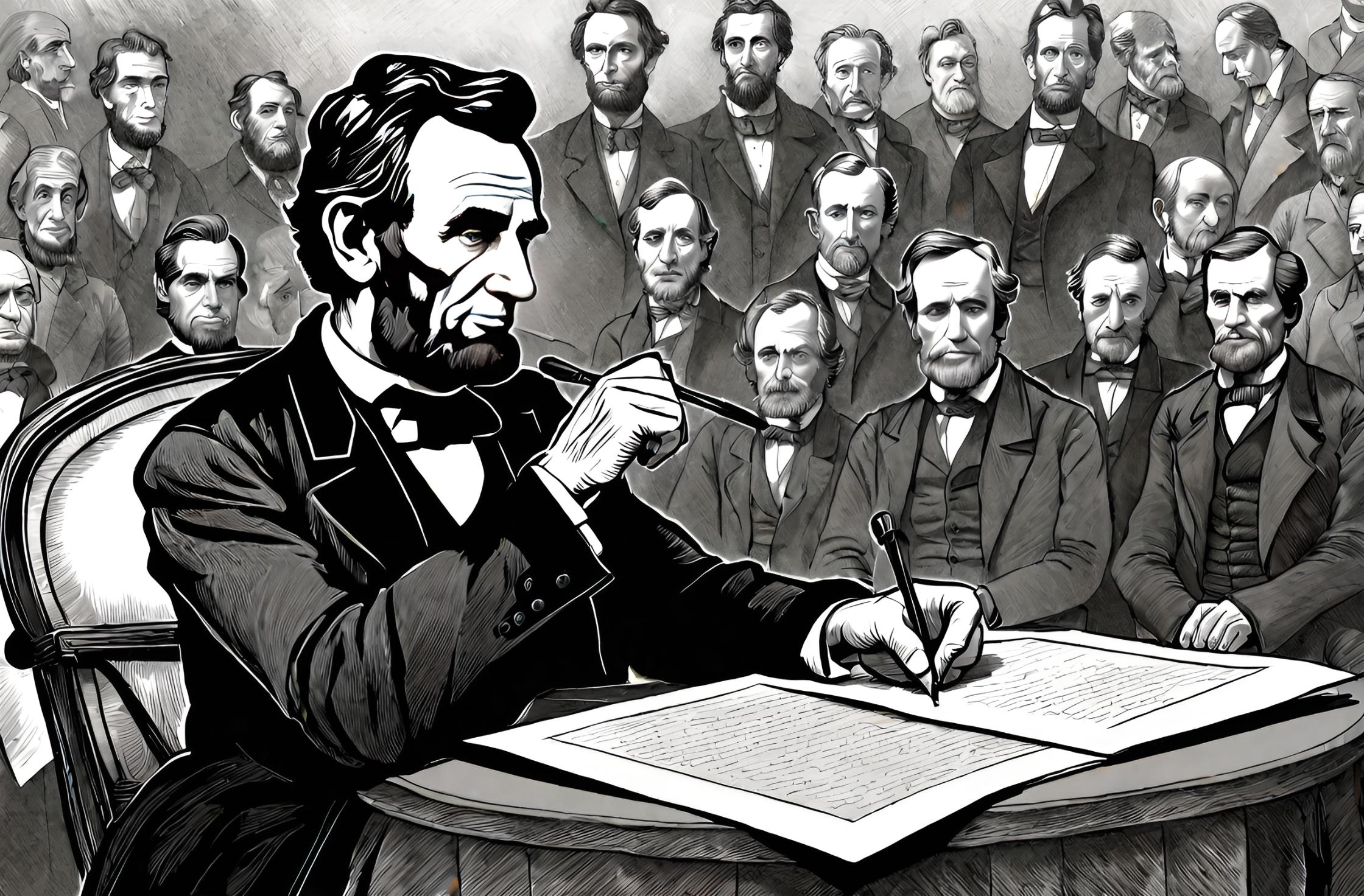Flashback to August 16
American History

In the annals of American history, the date of August 14, 1765, occupies a crucial place. It was on this historic day that the determined colonists of Massachusetts launched a significant challenge against the British rule, an event that is commonly referred to as the “Mass colonists challenge British rule by an Elm”. This act of defiance took place under a large and imposing elm tree, affectionately dubbed the “Liberty Tree”.
The Liberty Tree served not merely as a rallying point but as a resounding symbol of the swelling spirit of freedom and rebellion among the American colonists. With the example of their resistance, the colonists sent ripples across the American colonies, setting the stage for the mantra of “no taxation without representation” and igniting the flame of liberty that would eventually blaze into the American Revolution.
The involvement of the elm or the Liberty Tree injects a unique element to the narrative, linking the struggle for liberty with the resilience and strength of nature. The Liberty Tree was more than just an elm tree. It became an emblem of resistance and unity for the colonists in Massachusetts, and its enduring image continues to inspire tales of courage and determination today.
As the British Parliament levied the Stamp Act on the American colonies in 1765, a surge of dissatisfaction and defiance was triggered among the colonists. This controversial legislation aimed to raise funds for Britain’s military defenses in North America by taxing printed materials such as legal papers, magazines, newspapers, and other types of publications. In protesting against this act, the colonists rallied under the Liberty Tree, rejecting the imposition of taxes and demanding representation.
Underpinning this historical event was the philosophy of the local resistance group known as the Sons of Liberty. Formed in the summer of 1765, the group was made up of local craftsmen, merchants, and professionals who unified in opposition to the Stamp Act. They used the Liberty Tree as a rallying point for their protests, hanging in effigy those who supported the British policies, thereby driving home the message of their defiance.
A significant amount of planning and coordination went into the Mass colonists challenge British rule by an Elm. The public protests and demonstrations held by the Sons of Liberty and other resistance groups were effectively communicated across the colonies. The unrest and dissent precipitated by this event played a significant role in the subsequent repeal of the Stamp Act in March 1766.
The symbolic resonance of the Liberty Tree extended to other colonies as signs of solidarity. It is noteworthy that after the Mass colonists challenge British rule by an Elm, other colonies began to establish their own Liberty Trees. These trees, like the original, served as gathering points for local resistance and became visual reminders of the shared commitment to liberty among the colonists.
The implications of the Mass colonists challenge British rule by an Elm can still be felt today. It was a formative event that laid down key principles which later found recognition in the United States Constitution. The call for representation resonated with future generations and remains a cornerstone of American democracy.
In sum, the August 14, 1765 event marked an important moment in the fight against British rule. The valiant defiance of the colonists under the Liberty Tree confirmed their unshakeable commitment to freedom. Thus, the Liberty Tree, deeply rooted in history, continues to be an icon inspiring the pursuit of liberty, underpinning the powerful narrative of American freedom and independence.
We strive for accuracy. If you see something that doesn't look right, click here to contact us!
Sponsored Content

Emancipation Proclamation signed
"Commemorate the pivotal moment…

Alexander Clark, journalist/lawyer, named…
On August 16, 1890,…

A McDonnell Douglas MD-82…
Northwest Airlines flight 255,…

The Crandall Canyon Mine…
On August 16, 2007,…

US explorer William Beebe…
Pioneering US explorer, William…

Roller coaster patented.
On August 16, 1898,…

